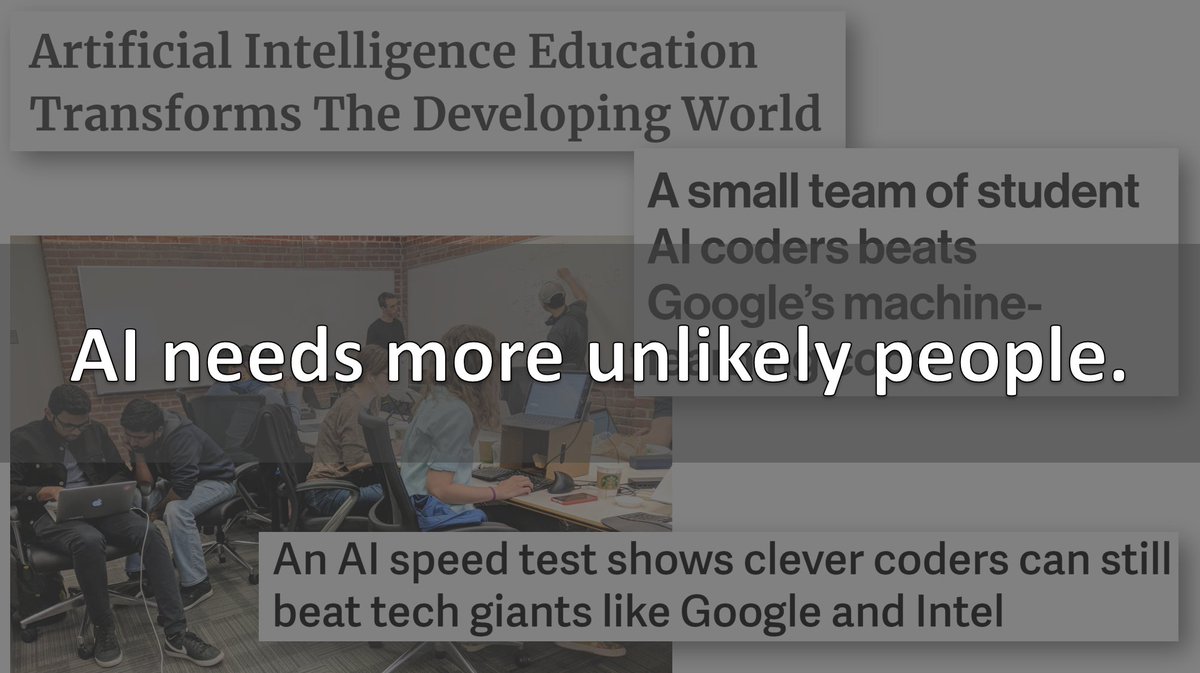
I just read that masks won't be required in Qld once we hit 80% of eligible vaccinated (64% total population).
I really wish we could tie our public health measures to keeping R < 1, instead of solely to vax rates.
I really wish we could tie our public health measures to keeping R < 1, instead of solely to vax rates.
UK has shown the disaster (currently >800 deaths per week) that can result from promising in advance that vaccination alone == return to normal
theguardian.com/world/2021/oct…
theguardian.com/world/2021/oct…

Also, let's not forget ventilation as a very powerful and under-utilized tool.
Setting incentives based on R<1 would be more motivating to use all our options to get there, not solely vaccines (which are great, but in many places not enough on their own)
Setting incentives based on R<1 would be more motivating to use all our options to get there, not solely vaccines (which are great, but in many places not enough on their own)
Here's the link. It also implies that there is no need for restrictions during an outbreak as long as 80% of +16 vaxxed
Doesn't address: kids <12 will not be vaxxed at this point, what will happen with waning immunity, what to do for those outbreaks...
abc.net.au/news/2021-10-1…
Doesn't address: kids <12 will not be vaxxed at this point, what will happen with waning immunity, what to do for those outbreaks...
abc.net.au/news/2021-10-1…

• • •
Missing some Tweet in this thread? You can try to
force a refresh









